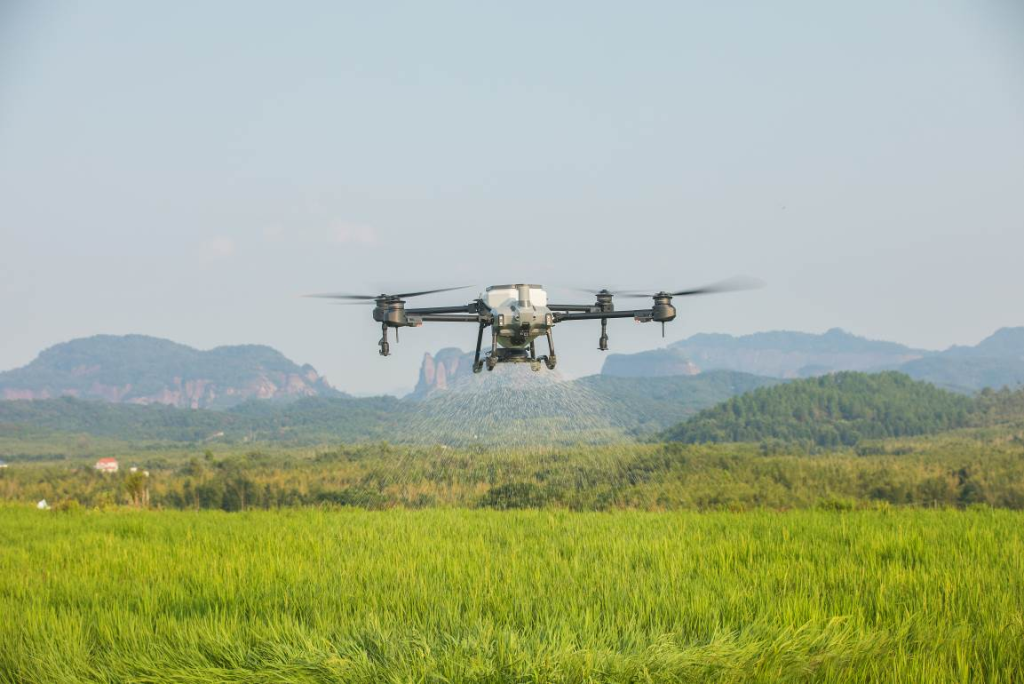In an era of rapid technological advancements, agriculture is experiencing a transformation driven by innovative tools and methods. Among these innovations, agricultural drones have emerged as a catalyst for change in the farming industry. These unmanned aerial vehicles (UAVs) equipped with sophisticated sensors and imaging technology are changing the way farmers operate and manage their farms.
Here are some key ways in which agricultural drones are shaping the future of agriculture:
-
Precise Crop Monitoring: Agricultural drones equipped with high-resolution cameras and multispectral sensors provide farmers with real-time insights into the health and condition of their crops. These drones can detect issues such as diseases, nutrient deficiencies, and water stress early, allowing for timely intervention.
-
Data-Driven Decision-Making: The data collected by drones is invaluable for farmers. Advanced software processes this data to generate actionable insights. Machine learning algorithms can analyze historical data to make predictions about crop performance and recommend optimal farming practices.
-
Resource Optimization: Drones enable precision agriculture by collecting data on soil quality, moisture levels, and crop health. This information helps farmers make informed decisions about irrigation, fertilization, and pest control. By optimizing resource use, farmers can reduce costs and minimize environmental impact.
-
Efficient Crop Spraying: Agricultural drones equipped with spraying systems offer a more efficient and targeted approach to pest control and fertilization. This reduces chemical use, minimizes waste, and ensures even distribution, resulting in healthier crops.
-
Livestock Management: Drones are not limited to crop management; they are also used for monitoring livestock. They provide farmers with insights into the health and behavior of their animals, facilitating better care and management.
-
Environmental Sustainability: Sustainable farming practices are essential for preserving the environment. Agricultural drones support sustainability by minimizing the use of water, chemicals, and energy. This eco-friendly approach benefits both farmers and the planet.
-
Rapid Disaster Response: In the event of natural disasters, such as floods or wildfires, drones are deployed for rapid assessment of damage. They provide critical information for disaster recovery efforts and insurance claims.
-
Accessible Technology: As drone technology advances, it becomes more accessible and affordable for farmers of all sizes. This democratization of technology ensures that even small-scale farmers can benefit from the advantages of agricultural drones.
Agricultural drones are not just a trend; they represent a fundamental shift in the way farming is practiced. As these technologies continue to evolve, they hold the potential to increase food production, reduce waste, and promote sustainable farming practices. The future of agriculture is being shaped by the skies, where drones are helping farmers meet the challenges of a growing global population and a changing climate.







Please sign in to comment
register